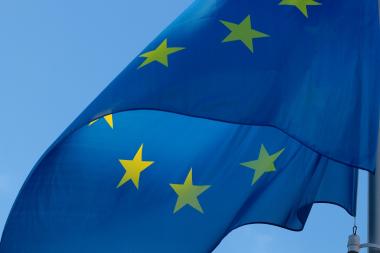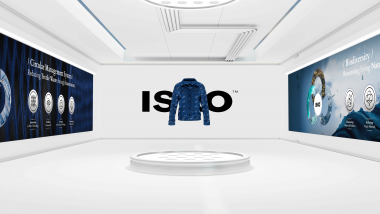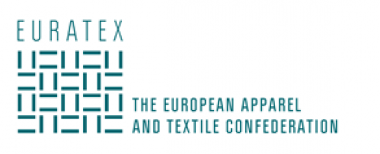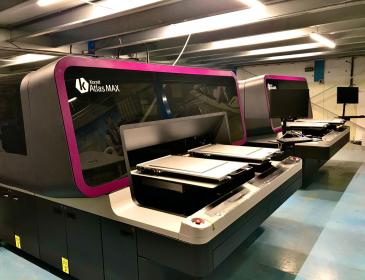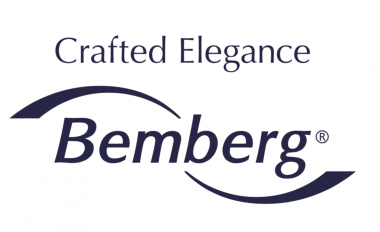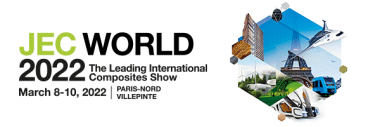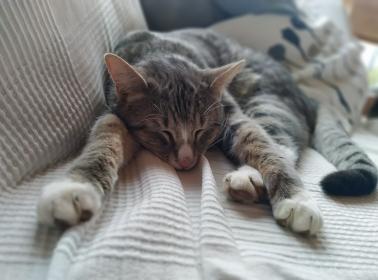Launch of the European project EU-ALLIANCE for advanced materials
EU-ALLIANCE aims to support SMEs internationalisation in the fields of technical textile, connectivity and advanced materials to address dual use markets in four targeted countries: The United States, Canada, Japan and Indonesia. The EU-ALLIANCE project is funded by the European Union's COSME programme. It brings together 6 key clusters representing nearly 900 companies: Techtera (France); Systematic (France); PO.IN.TEX - Textile innovation cluster (Italy); NTT - Next Technology Tecnotessile (Italy); NIDV - Industries for Defence and Security (Netherlands); SIIT - Intelligent System Integrated Technologies (Italy).
On November 25, the partners hosted a webinar to present the project and the opportunities it will generate. This webinar was also an opportunity to position the participants to benefit from the services generated by the project (market research, commercial missions, B2B meetings, etc.), communicate your needs and thus join the selection of companies that will be able to benefit from European support for these actions. Beyond this internationalisation objective, the project also aims to encourage intra-European collaboration and synergies between the various members of the partner clusters.
EU-ALLIANCE


